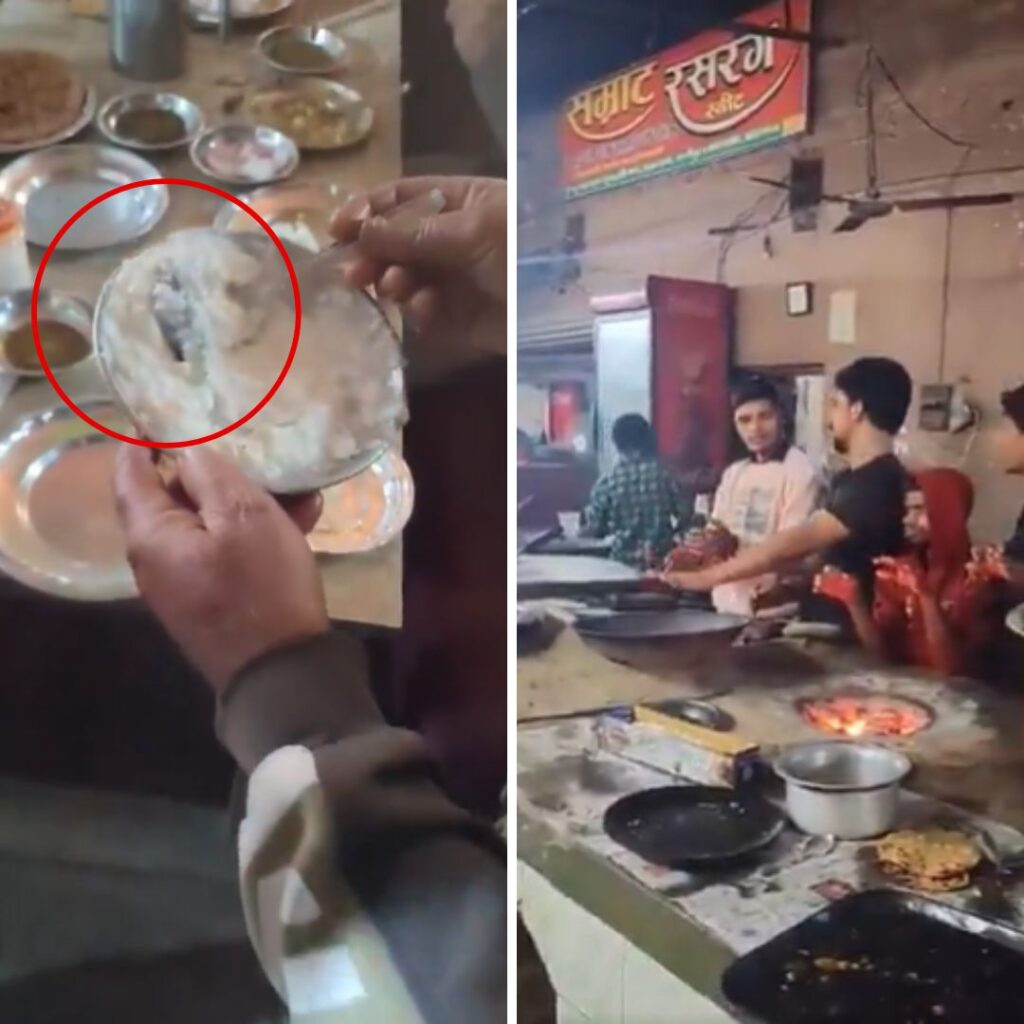Demonetization is a difficult, massive operation. Now that the government has taken this major initiative , the people are very receptive to all major reforms. Excessive empowerment of tax officials letting loose Inspection Raj and overregulation in license-permit Raj created black money and corruption in the first place. Therefore relying on these methods will be a recipe for disaster.
What then are the practical, rational, effective steps that will radically transform the way citizens look at tax laws, the public servants behave, and government acts? Here are the five doable things along with this massive exercise of demonetization touching the life of almost every citizen.
1.Service Delivery
Taxation without commensurate services is only legal plunder. Our tax rates are comparable to most countries at 30% of top rate. But services people get in return are appallingly bad. Our infrastructure, water, sanitation, storm water drainage, education and healthcare are among the most unreliable and sub-standard in civilized world. On top of this, for almost all basic, paid services citizens are entitled to, people are forced to pay a bribe to avoid delays, repeated visits, harassment, humiliation or denial of services. In most cases, a ration card, birth certificate, income or caste certificate, land records, registration of a sale deed, water connection or power connection cannot be obtained without a bribe.
Immediate enactment and effective enforcement of a Public Service Delivery law which guarantees services in a fixed time, and compensation is paid for every day’s delay will improve citizen satisfaction, give fair returns for taxes paid, and enhance trust between people and government. Considering that it is the poor and middle classes who suffer most from poor service delivery, this step will improve lives for the bulk of the people at no additional cost and will reduce the ubiquitous, day-to-day petty, extortionary corruption.
2.Tax Rates
Considering the appallingly poor quality of basic services provided by government, our tax rates are high. Now that unaccounted money is going to reach the banks, government can safely reduce tax rates in a revenue-neutral manner. Taxation without services cannot be tolerated in a democratic society, and it soon degenerates into legal plunder and extraction under duress. The best way to raise tax, GDP ratio and ensure willing compliance is to reestablish the link between taxes and services. Three measures are vital to ensure willing tax compliance of citizens:
a). An immediate reduction of top rate of income tax in a revenue neutral manner – by say 5%.
b). Fair tax assessment, and non-discretionary application of tax laws so that harassment and corruption of tax officials are a thing of the past.
c). Devolution of resources to local governments – especially in urban areas – where citizens see where their money is going, along with encouragement to raise local taxes based on services and accountability institutions to prevent abuse.
3.Real Estate Reform
Real estate reform is long overdue. Many honest farmers and salaried middle classes are forced to deal in cash transactions without any benefit to them. Three simple steps by union and states together will eliminate black money in real estate in a revenue-neutral manner.
a). Increase basic valuation of land and property to reflect 75% – 80% of current market price
b). Reduce stamp duty in a revenue neutral manner, so that buyers can show real value and pay fair duties and government does not lost revenue.
c). Reduce capital gains tax from 20% to 10%, which will be revenue neutral as the actual market value will be reflected in the registered sale price. When long term capital gains are not taxed in stock market, it makes no sense to tax 20% of capital gains on urban housing when most often replacement cost is high, urban land values keep rising, and most people invest life’s savings in a house or urban property.
4.Collusive Corruption
Once small corruption is reduced by service guarantees and localized, accountable exercise of power, the grand, collusive corruption needs to be confronted. In grand corruption, both bribe giver and bribe taker collude to defraud the public, undermine competition, cause loss to exchequer, appropriate natural resources, provide low quality public good and services or damage the environment. If this collusive corruption is not addressed swiftly and sternly, corruption will shift from cash to assets, and deposits in foreign accounts will soon become the habitual medium of corruption. Three practical steps are needed to address grand, collusive corruption.
a). Withdraw the unwise amendments proposed in anti-corruption law – they make 3-year prison term mandatory for ordinary citizens compelled to pay bribes for services they are entitled to, and give protection to all bribe takers at all levels from even police investigation into corruption without prior go…











